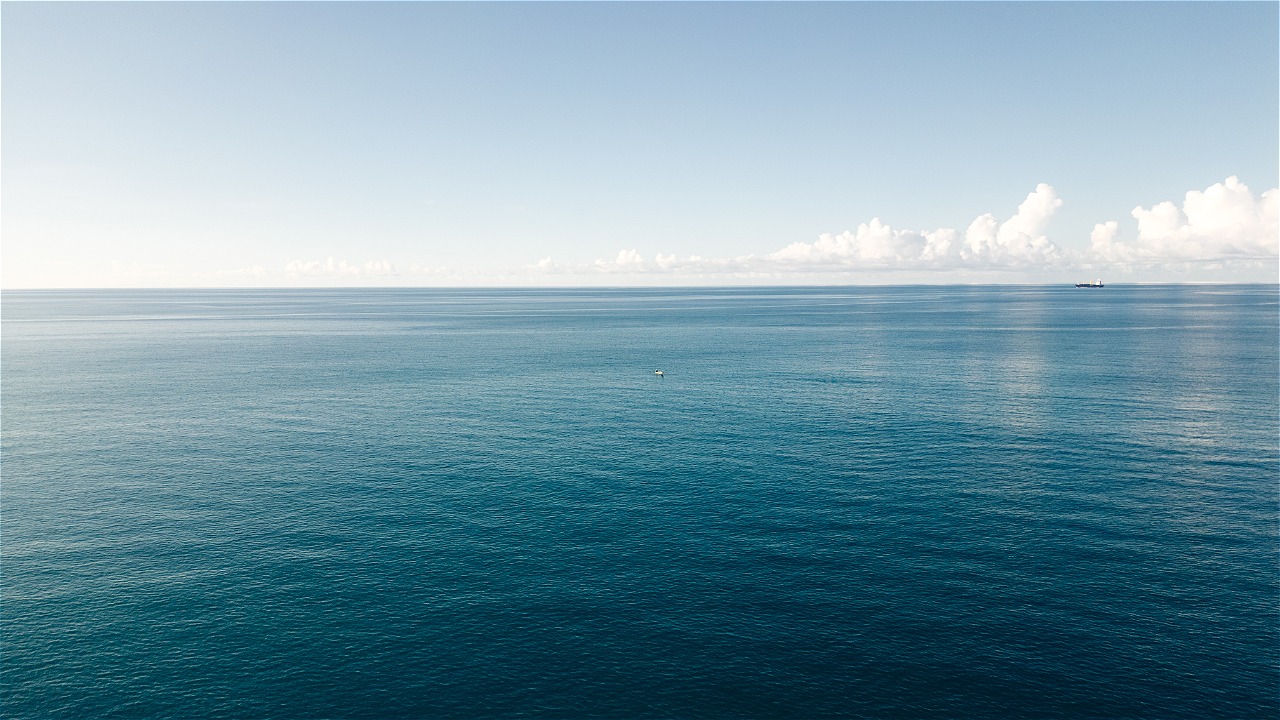GILI TRAWANGAN IMPROVES TOURISM GOVERNANCE WITH BLUE SIGNING
By: Ayu Ginanjar Syukur, Indarwati Aminuddin, Tardi Sarwan (Responsible Marine Tourism Program, WWF-Indonesia)
"In Gili Trawangan, waste generation reaches 13 tons every day - about 2.3 kg per person!" said Haji Malik, Head of Gili Indah Village. The manager of the Gili Eco Trust Foundation explained the results of the Waste4Change study (2016). "Around 92% of waste comes from tourism activities. This waste problem requires special attention," he continued.
In Gili Trawangan, Lombok that day (6/3/2017), Haji Malik was one of the 45 participants who attended the Signing Blue socialization. Together with Kupang's National Marine Protected Areas Center (BKKPN), WWF-Indonesia introduced Gili Trawangan's governance best practices and Signing Blue, the platform for realizing responsible marine tourism practices and management.
The Ombak Sunset Hotel was attended by tourism service providers (hotels, restaurants, tour and dive operators), the West Nusa Tenggara (NTB) Provincial Tourism Office, the North Lombok Regency Tourism Office, the NTB Marine and Fisheries Office, the One-Stop Integrated Service Agency (BPTSP), the Village Head and Hamlet Head of Gili Indah, the Wildlife Conservation Society (WCS), and the Gili Eco Trust Foundation.
Gili Trawangan, along with Gili Meno and Gili Air have indeed been designated as the Gili Matra Marine Tourism Park (TWP) conservation area since 1993. These three Gilis are managed by the Kupang National Marine Conservation Area Center (BKKPN) Gili Matra TWP Working Area.
The beauty of the beaches and biodiversity in TWP Gili Matra increases domestic and foreign tourist visits and makes a significant economic contribution. However, the increasing trend of Gili tourism from year to year has led to a number of problems, such as the daily generation of unmanageable waste.
Tourism is like two sides of a coin. It not only brings economic benefits, but also has the potential to cause pressure on the quality of the ecosystem, and even marginalization of local communities. The socialization of Signing Blue on Gili Trawangan is an effort to reduce pressure on resources on the beautiful island, which is facing problems with waste generation, spatial conflicts, and regulation of tourism space utilization.
The challenges of tourism management became a hot topic of discussion that day. On the same occasion, BKKPN Kupang socialized regulations on the types and tariffs of non-tax state revenue (PNBP) that apply to Marine Protected Areas, namely PP No. 75 of 2015 and Utilization of Conservation Areas Based on KP Regulation No. 47/2016.
The commitment of tourism actors to improve Gili Trawangan tourism can be seen from the joining of 6 hotels, 2 restaurants, and 1 dive operator in the Signing Blue membership that day. Signing Blue members will later get a special certificate for tourism, and be verified in the application of environmentally sound business.
Signing Blue will ensure responsible tourism activities for marine biodiversity, as well as local communities and cultures. This includes this small island with great potential, Gili Trawangan.




